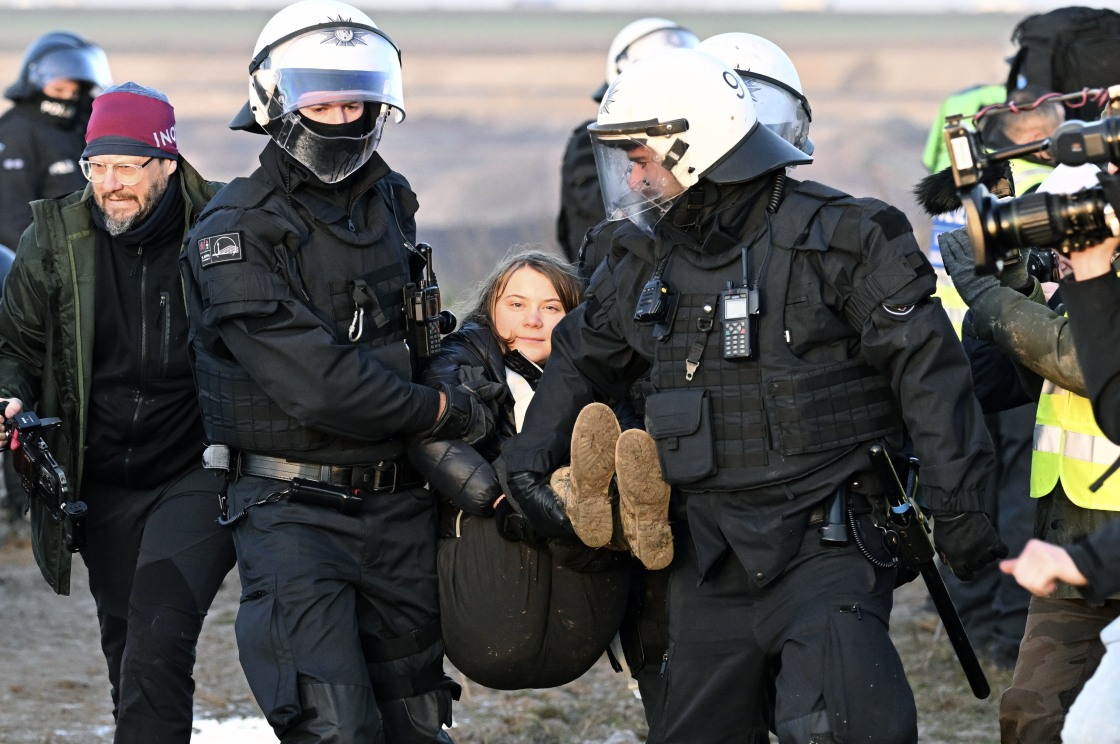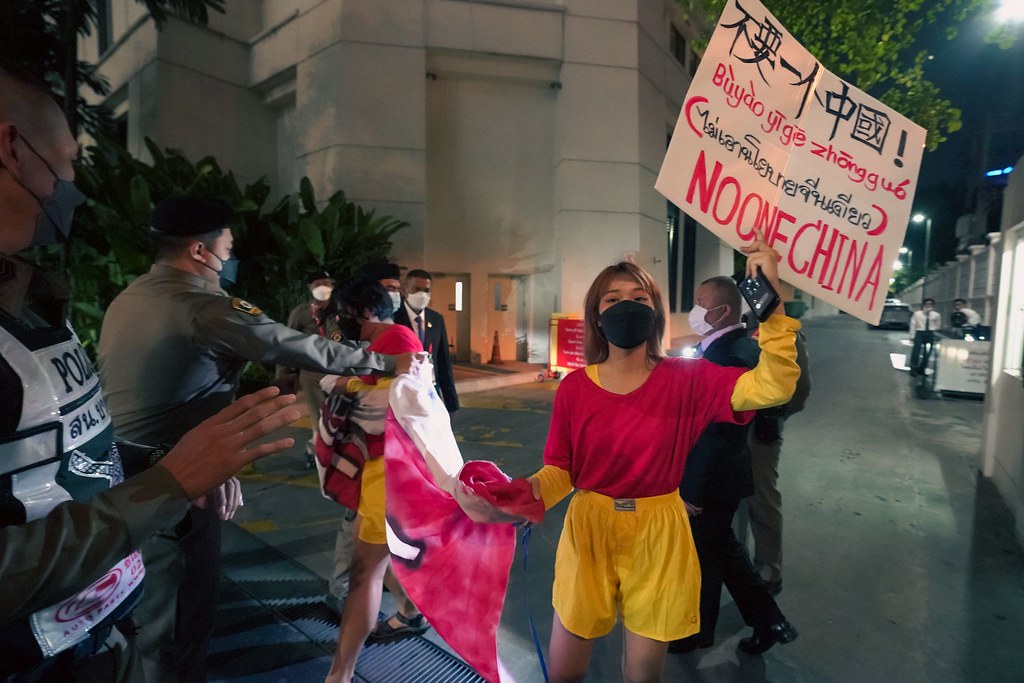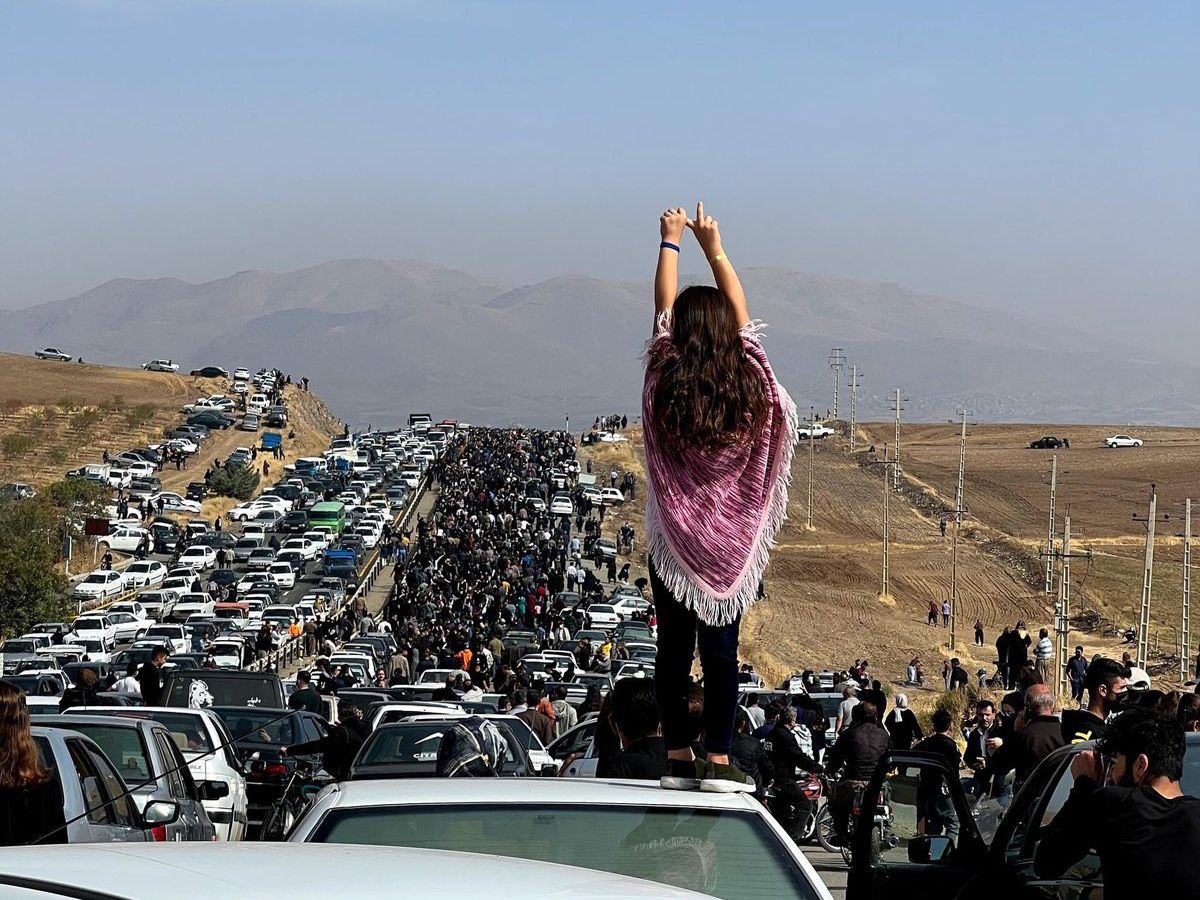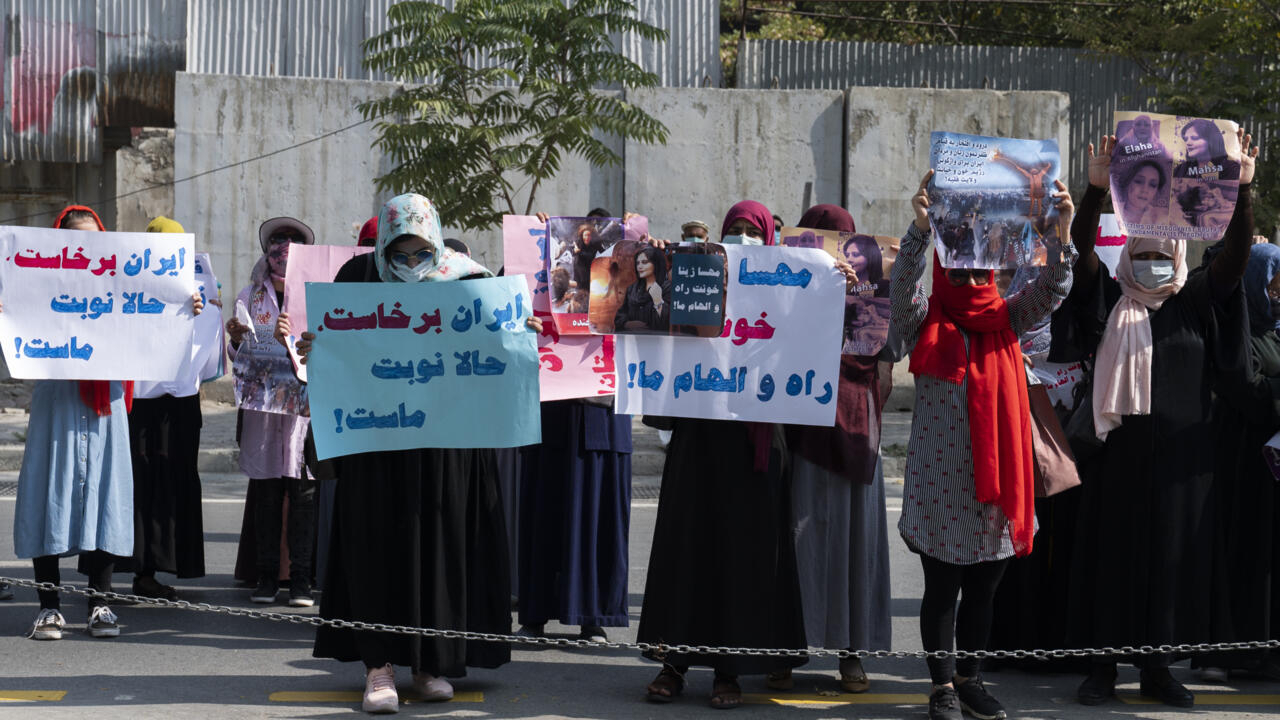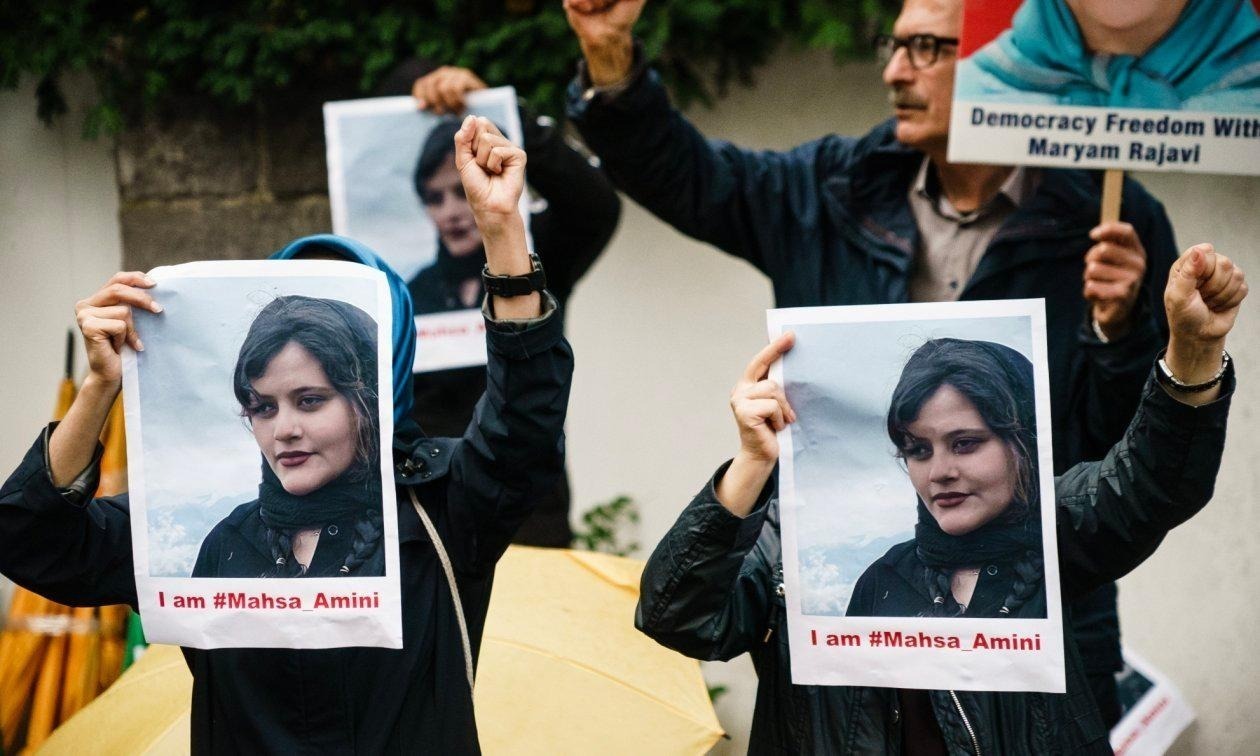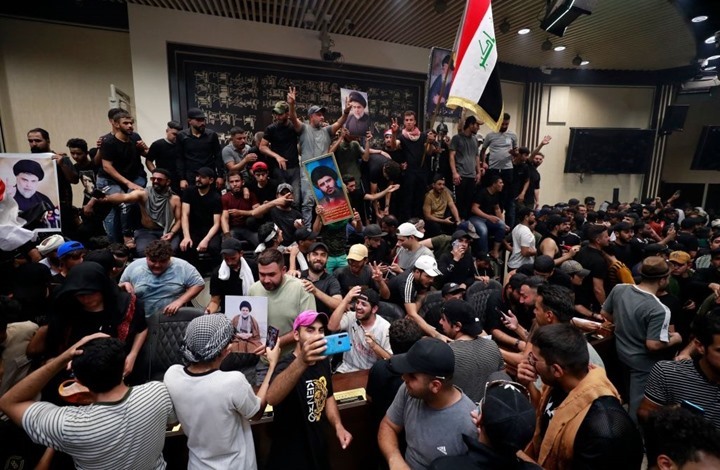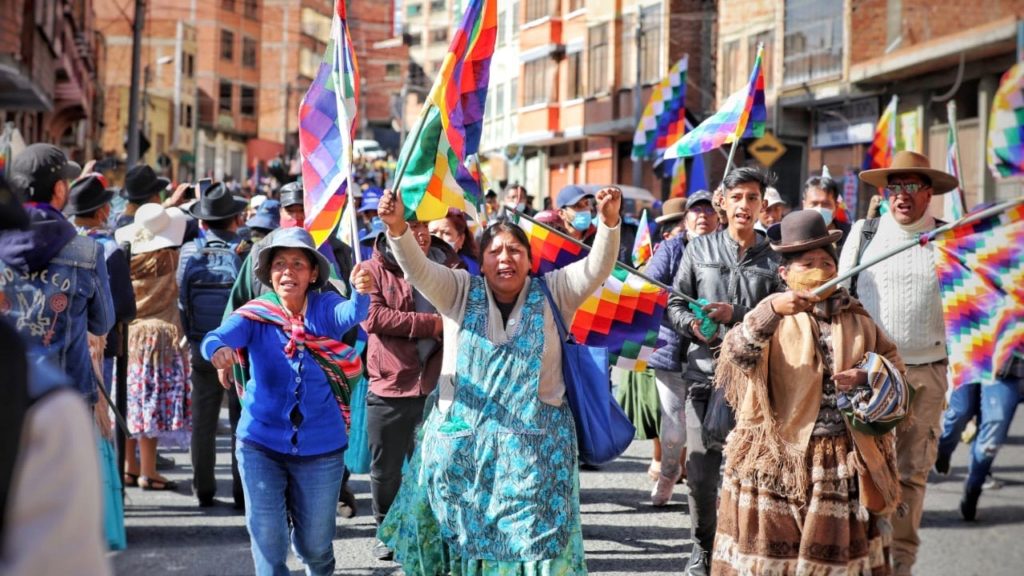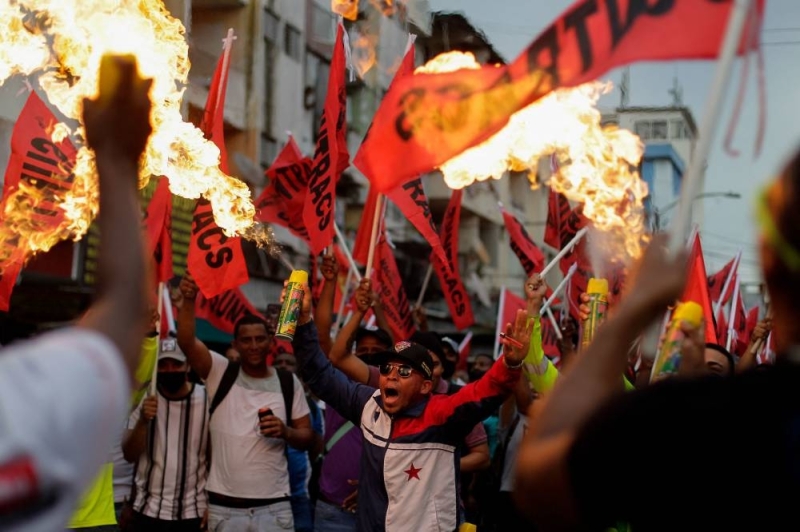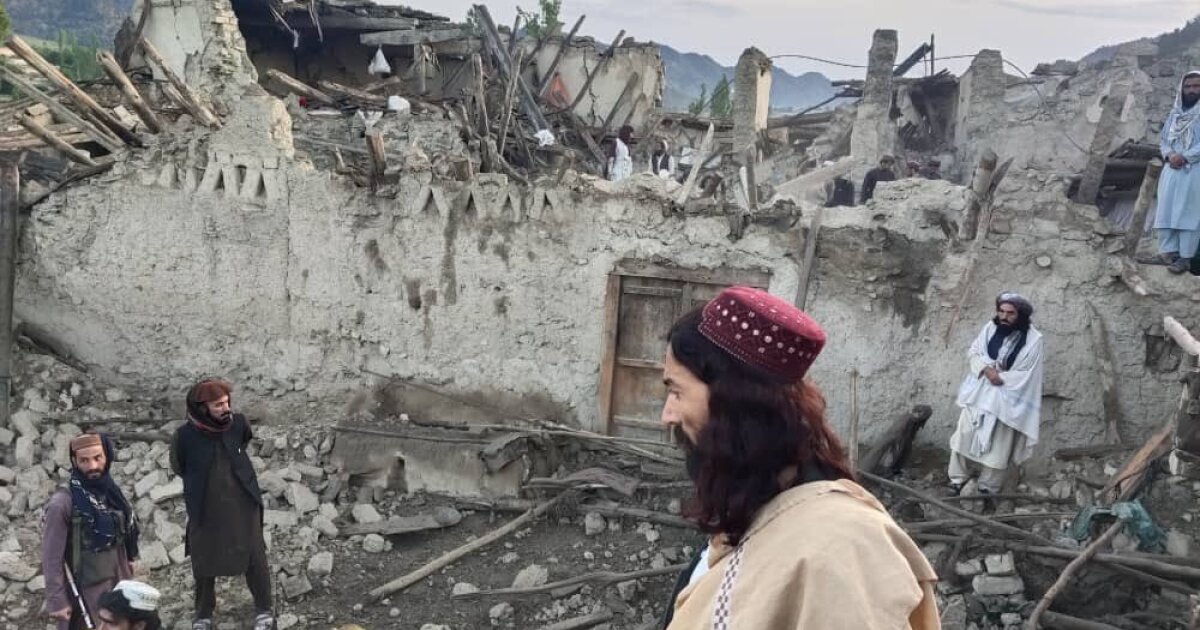Dear Friends,
CANVAS is delighted to bring you another issue of our weekly report!
Conflict Update:
On Saturday, a Russian missile hit a nine-story apartment building in Dnipro, Ukraine. Authorities reported the death toll stood at 40 and that 30 people were still missing. Regional authorities also stated that 39 people had been rescued and 75 were wounded. Mayor Borys Filatov said that there was a “minimal” chance of finding any more survivors. Dmitry Peskov, a spokesperson for the Kremlin, asserted that Russian forces did not target residential buildings. If the death toll is confirmed, it would be the deadliest attack since a strike in Ukraine’s Zaporizhzhia region on September 30th.

Afghanistan:
Former Afghan MP, Mursal Nabizada, and her bodyguard were shot and killed at her home in the capital Kabul, authorities confirmed. Nabizada was one of only a few female lawmakers who stayed in Kabul after the Taliban seized power in August 2021. Police stated that her brother and another bodyguard were also wounded in the attack. The local police chief said authorities have opened an investigation into the attack and did not answer questions about possible motives.

Iran:
Iran announced Saturday it executed former deputy defense minister and dual Iranian-British national, Alireza Akbari, for spying for the United Kingdom, an accusation Akbari denied. The execution raised tensions with Western countries after leaders warned the country not to go through with the hanging. The sentence comes after months of demonstrations over the death of Mahsa Amini in September that the government is still struggling to contain. Iran remains under harsh sanctions from the United Kingdom, United States, and other countries for the protests and for supplying Russia with drones in their military operation in Ukraine.

Lebanon:
Police questioned relatives of the 2020 Beirut port explosion victims after alleged rioting and vandalism at protests over the delayed investigation into the blast. On Monday, thirteen family members responded to the police summons. At the same time, hundreds of other victims’ relatives, lawmakers, and activists demonstrated in front of Beirut’s police compound, where the interrogation was taking place. Legislator Mark Daou accused the political elites of suppressing families’ pursuit of justice, saying, “not only has the investigation been stalled, but now (these) attacks are (meant) to undermine the protest movement asking for the courts to resume due process.” Accused politicians have stalled the judiciary’s investigation into the explosion for over a year. Many blame the tragedy on corruption and mismanagement in the Lebanese government. Meanwhile, European investigators in Beirut began an investigation into the witnesses suspected of money laundering and embezzlement by Lebanese central bank governor Riad Salameh. The judicial process has stalled Lebanon’s investigation of Salameh and cooperation with European investigators, as a new prosecutor is yet to be assigned to the case.

Uganda:
Uganda’s Constitutional court struck down a section of the country’s Computer Misuse Act, removing the language which forbade the use of electronic communication to “disturb the peace, quiet or right of privacy of any person with no purpose of legitimate communication.” According to Judge Kenneth Kakuru, the member of the court who wrote the lead judgment, this language “is unjustifiable as it curtails the freedom of speech in a free and democratic society.”
Ugandan Energy Minister Ruth Nankabirwa Ssentamu said on Friday that the government plans to announce a new round of oil licensing in May. The country continues to develop its energy sector and Uganda is projected to begin producing oil in 2025.

Sudan:
Some Sudanese political parties and the Sudanese military began negotiations in order to try and form a civilian government following the signing of a framework peace agreement in December 2022. Beginning with a policy for deconstructing Omar al-Bashir’s administration, topics for the talks will also include transitional justice, security sector reform, the 2020 Juba peace agreement, and the conflict in eastern Sudan. However, the agreement’s signatories are limited, with some political organizations opposing negotiations without the inclusion of more parties. Meanwhile, there is still widespread resentment against the military for its violent response to dissent at the end of last year, with street protests condemning the military continuing after the deal, as well as the on-the-ground resistance committees and young revolutionary protestors, feeling left out of the peace process as living conditions worsen for ordinary Sudanese people.

Zimbabwe:
25 members of the Citizens Coalition for Change (CCC) opposition party were arrested during a private meeting in the capital of Harare on January 14, including two members of parliament. Those in the meeting were charged with promoting violence and breaching the peace under Section 37 of the Criminal Code. This is followed by instances of anti-opposition political violence that occurred in early January, in which supporters of the ruling ZANU-PF party were filmed attacking opposition members. This all comes at a time in which Zimbabweans are calling on the government to schedule national elections this summer after last occurring in 2018.

Bolivia:
On Wednesday, Bolivian authorities arrested Luis Fernando Camacho, the governor of Santa Cruz and one of the opposition leaders, on terrorism charges. A court has ordered Camacho to be held for four months of pre-trial detention. His arrest has sparked a wave of protests with participants calling the detainment a kidnapping. Protestors have blockaded routes in and out of Santa Cruz, preventing trade, especially agricultural exports, from the region. Camacho’s arrest stems from protests over national elections in 2019 that led the former left-wing president, Evo Morales, to resign. Morales’s party, which has since returned to power, accuses Camacho of orchestrating the protests and calls his actions a coup.

Cuba:
The Cuban government continues to detain political activists. Political prisoners in Cuba have given accounts of torture during detention, beatings, and inhumane confinement conditions. Repression and an extreme socio-economic crisis are pushing the population to seek refuge in other countries. In the United States alone, 250,000 Cubans were arrested in 2022 while trying to cross the border illegally, 2 percent of the total Cuban population.
Since 2018, independent journalism has grown in Cuba with the help of foreign funds, offering higher salaries, creative freedom, and an opportunity to hold the government accountable. However, a new criminal law cracking down on journalistic freedom. The law, enacted in December, evokes up to a 10-year sentence for reporters supported by foreign finances.

Nicaragua:
Nicaraguan judiciary has announced that Catholic Bishop Rolando Álvarez’s case will be referred to trial while he remains under house arrest on charges of conspiracy and spreading false information. Álvarez’s indictment is part of President Daniel Ortega’s ongoing persecution of government critics, including leaders of the Catholic Church. According to local rights groups, in 2022, over 200 accused government critics have been detained on charges of spreading false news, undermining national security, and other related charges. Bishop Álvarez had been a known critic of President Ortega, criticizing the regime’s violent response to protests in 2018 that left over 300 hundred dead.
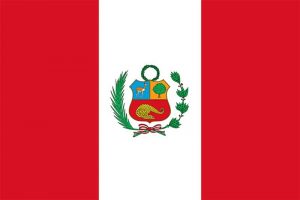
Peru:
Peru’s President Dina Boluarte has refused to resign in light of violent anti-government protests that have broken out across the country in recent weeks. The demonstrations have killed more than 40 people and injured hundreds of police and protestors. The protests began after the former president, Pedro Castillo, was arrested for trying to suspend congress and the courts because he lost an impeachment vote. Boluarte assumed the position of president after Castillo’s arrest and since taking office has refused to act on protestors’ demands for elections or a constitutional assembly.

The United States:
On Thursday, U.S. treasury secretary Janey Yellen informed congressional leaders that the country had hit its debt ceiling, a cap of $31.4 trillion that the government can borrow to pay for congressional spending. Representatives of the House Freedom Caucus have threatened to hold up raising the ceiling if Congress does not agree to a series of spending cuts, although they have not articulated what specific cuts they are seeking. If Congress does not agree to raise the cap, the United States would be forced to default on its loans, sparking a global economic recession.
Western allies are set to meet in Germany to discuss sending heavy tanks to Ukrainian forces. Ukraine hopes that this potential assistance will spark a turning point in the war as the fighting nears the one-year mark. This week, the U.S. moves to finalize a $2.6 billion military aid package for Ukraine likely including nearly 100 Stryker combat vehicles and at least 50 Bradley armored vehicles for the first time.

China:
For the first time in sixty years, China experienced a shrink in its national population, ending 2022 with a population of 1.411 billion. With a decline of approximately 850,000 people last year, this marks the country’s first reduction in population since 1961 when Mao’s Great Leap Forward initiative provoked mass famine. This comes seven years after China ended its one-child policy to allow for up to two children, and one year after the limit was raised to three. Meanwhile, an ease in the government’s COVID restrictions has led to a spike in infections, and while China’s National Health Commission has claimed that 60,000 of its citizens have died of COVID-19 since December 8, it is hard to know whether the numbers are being accurately reported. This comes as over 100 demonstrators, many of which being recent university graduates, have possibly been detained as the Chinese government continues to crack down on anti-regime protests.

Hong Kong:
Police in Hong Kong raided a lunar new year market and arrested six people for selling a “seditious” book about the 2019 anti-government protests. Before the national security law enacted in 2020, these markets were popular spots for pro-democracy groups to sell politically satirical souvenirs. These arrests came days after the city’s national security chief, Zheng Yanxiong, was promoted to head of Beijing’s top representative office in Hong Kong. Last week, the UK released a report criticizing the Chinese government’s systematic erosion of freedoms in Hong Kong, a former British colony.

Indonesia:
Indonesian President Joko Widodo acknowledged the country’s history of human rights violations and pledged to compensate victims and prevent future abuses from occurring. In a televised address, Widodo remarked on 12 events spanning nearly 40 years. The incidents include mass killings targeted at members of the Indonesian Communist Party in 1965 and the abduction of students during protests in 1998. In total, the events are estimated to have killed about 500,000 people. The President formed a group of academic, military, and political leaders to put forward a non-judicial resolution between the government and victims and their descendants. Human rights groups hope that the President’s statements will move to bring justice for the victims of these abuses.

Myanmar:
A Myanmar court has sentenced to prison terms 112 Rohingya refugees that tried to leave the country in December last year. In particular, the court sentenced five children under the age of 13 to two years in prison and seven children over the age of 13 to three years. Meanwhile, the Rohingya people, who are being subjected to genocide in Myanmar, continue to try to reach safe areas where they will not be in danger. For instance, about 180 people died on a boat with refugees that went missing on December 24. The UN High Commissioner for Human Rights, Volker Türk, called for greater regional support for Rohingya refugees forced to leave Myanmar to escape persecution.

Belarus:
Belarus opened a trial in absentia of exiled opposition leader, Sviatlana Tsikhanouskaya. She is being charged with high treason, conspiracy to seize power, and creating and leading an extremist organization. Tsikhanouskaya faces a possible prison sentence of up to 15 years. She ran against Alexander Lukashenko in the 2020 presidential election, which was followed by nation-wide protests claiming election fraud. Tsikhanouskaya ultimately fled the country for fear of arrest due to her political dissent. In an interview on Monday, Tsikhanouskaya said, “In Belarus, there are no honest trials. We live in absolute lawlessness in our country so tomorrow’s trial will be a farce and a show but not real justice.”
